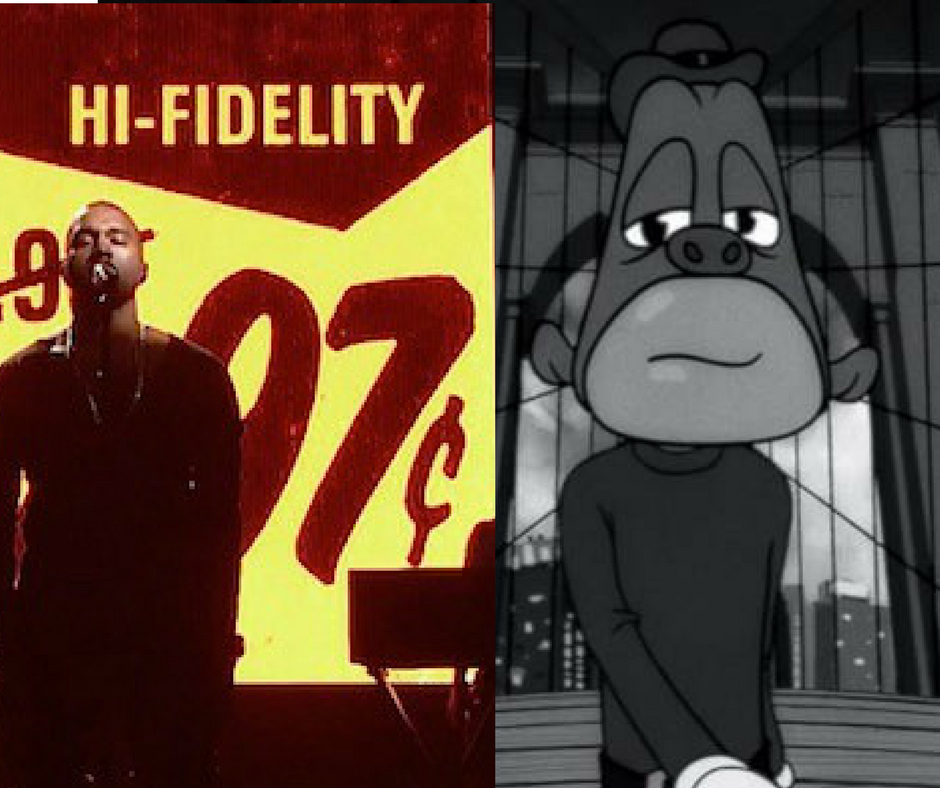There’s a line by Burna Boy in the new Shallipopi – Laho remix that hit different:
“No be me go give Caesar wetin belong to Odogwu.”
It sounds like a bar. It is a bar. But it’s also a thesis, a warning, and a battle cry.
Let’s break it down.
In that moment, Burna wasn’t just talking about some abstract biblical Caesar. He was calling out a system—a habit—where we hand over our power, our culture, our genius, our gold… to someone who didn’t earn it. Someone who didn’t even know what to do with it.
Caesar is the West.
Caesar is the colonizer.
Caesar is the gatekeeper who wants your sauce without crediting your kitchen.
But Odogwu?
Odogwu is the name you earn when you stand ten toes down. When you don’t fold. When you carry your people with pride, chest out.
It’s Igbo. It means “the great one,” the warrior, the heavyweight. Odogwu is ours.
So when Burna says he’s not giving Caesar what belongs to Odogwu, he’s not just flexing. He’s protecting something sacred. He’s saying:
I won’t sell out. I won’t water it down. I won’t hand over my worth just to be accepted by a system that doesn’t see me.
And that bar hits even harder when you think about how often we do just that.
Think about how many of our best ideas, our stories, our traditions, our brilliance—get exported, repackaged, and sold back to us.
How often we let someone else define what’s valuable.
How often we call it progress, when it’s really just polishing our diamonds for someone else’s crown.
But the tide is shifting.
You can feel it in the music. You can feel it in the fashion. In the food. In the swagger of the global South. In the way young Africans are building, owning, creating—and refusing to ask for permission.
There’s a new generation of Odogwus rising.
And they’re not waiting for Caesar to clap.
So next time someone tries to gaslight you into giving away what’s already yours—your voice, your story, your culture, your genius—remember the lyric.
Don’t give Caesar what belongs to Odogwu.
Own it. Guard it. Build on it.
Because that thing you’re sitting on?
It’s gold.
And it’s yours.



